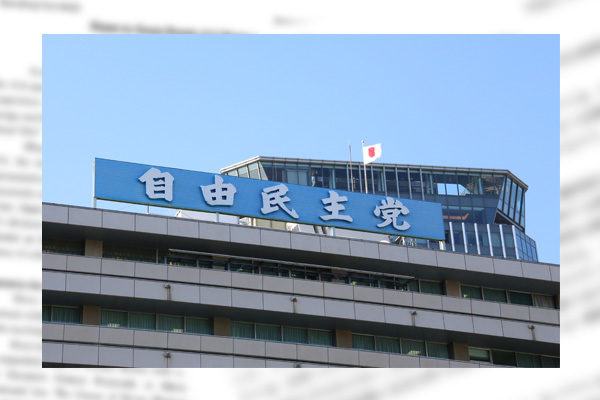I would like a fighting politician to become the next leader of Japan’s ruling Liberal Democratic Party. The late former Prime Minister Shinzo Abe said that there are two types of politicians: politicians who fight and those who do not fight. When Masaharu Gotoda, Hiromu Nonaka, Koichi Kato, and other liberal supporters of the current Japanese Constitution were dominating the LDP, Abe and other young like-minded LDP lawmakers such as Shoichi Nakagawa and Seiichi Eto blocked an attempt to remove references to constitutional amendments from the party’s foundational document. They also launched a movement to revise history textbooks, based on a shared belief among young LDP members that wartime comfort women were not coercively recruited. Furthermore, they recognized North Korea’s abduction of Japanese citizens as an undeniable fact and made all-out efforts to resolve them, even when all Japanese media outlets except for the Sankei Shimbun newspaper were skeptical. They thus demonstrated a fighting attitude.
Abe was fighting
When conservative politicians throw themselves into a fighting, they are inevitably bashed by the left-leaning media. Abe and his fellows also fought against the media. Ordinary politicians have refrained from criticizing a specific newspaper by name, considering that their constituencies may include readers of the newspaper. However, Abe openly said that the comfort women issue began with an erroneous report by the Asahi Shimbun newspaper, even before the Asahi admitted the error. When the Asahi and television stations persistently bash Abe over alleged provision of convenience to Moritomo Gakuen and Kake Gakuen schools, he straightly rebutted the allegation without backing down.
After Abe’s assassination, however, the LDP led by Prime Minister Fumio Kishida lost its fighting attitude. When information came out that the terrorist who killed Abe had a grudge against the Unification Church, many media outlets went crazy criticizing the religious institution without condemning the terrorism. The background to this must have included the media psychology that was reluctant to recognize the achievements of the Abe government. If not, none can find the media’s motive to bash the Unification Church despite the absence of any new problems regarding the institution.
Kishida bowed to media criticism of the Unification Church instead of fighting and overnight changed an important legal interpretation for an order to dissolve a religious institution. On a day after interpreting requirements for the dissolution as being limited to criminal code violations, Kishida abruptly and retroactively changed the interpretation by telling the National Diet that the requirements should include civil code violations as well.
Coming unreasonable criticism
When a failure to record some money on political fund reports came to light for an LDP faction that had been led by Abe, the media that was eager to bash Abe began to criticize the former Abe faction using the inflammatory term “backdoor money.” Even then, the Kishida-led LDP had no fighting attitude. It was problematic for the faction to have failed to record part of political fundraising party income in its political fund reports. However, the unreported money was offered by supporters for political activities. Some LDP lawmakers resigned after being confirmed by prosecutors to have diverted such money to other purposes than political activities. Since it was confirmed that other lawmakers would not be held legally accountable, the LDP should have firmly insisted on seeking people’s judgment through elections, and collectively refuted the malicious accusations suggesting they had enriched themselves.
I would like the new LDP leader to be a politician who will tackle urgent issues such as constitutional amendments, the enactment of an anti-espionage law, and the establishment of an intelligence agency, and boldly fight against unreasonable criticism that will inevitably come regarding the issues.
Tsutomu Nishioka is a senior fellow and a Planning Committee member at the Japan Institute for National Fundamentals and a specially-appointed professor at Reitaku University.


